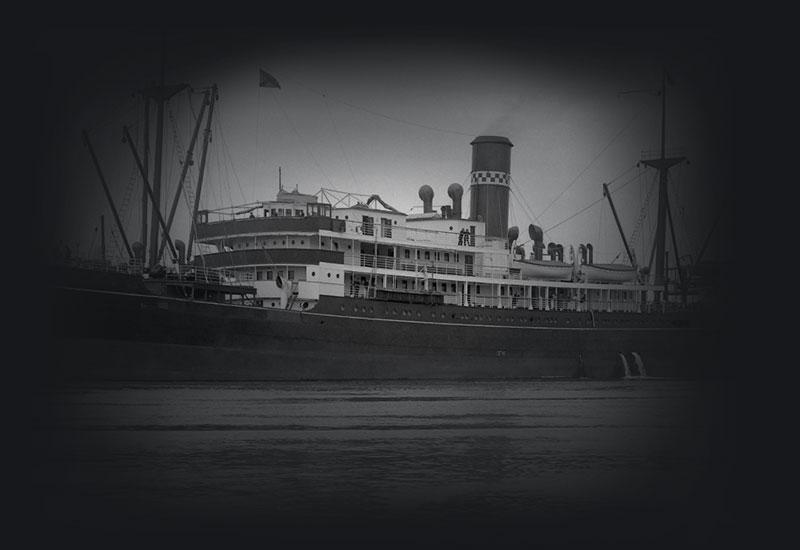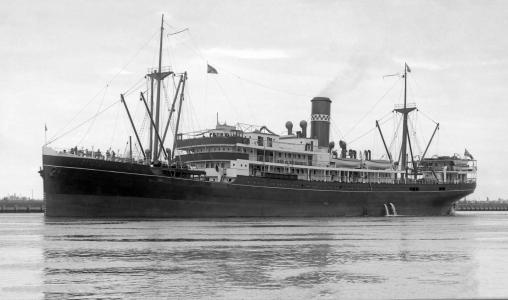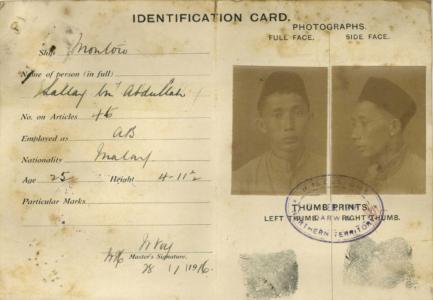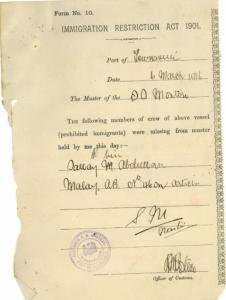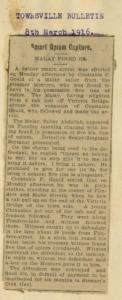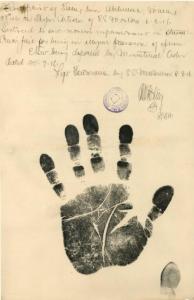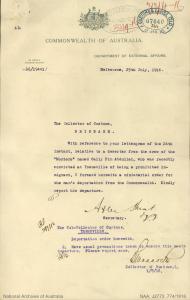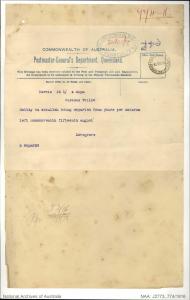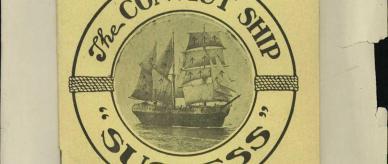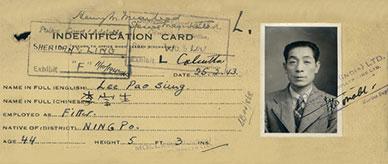It’s an age-old story: ships, sailors and smuggling. With opium smoking outlawed in 1905, the Australian Customs Service increased their vigilance. Smuggling became increasingly lucrative.
In 1916, in Townsville, a partnership between the local police and the Australian Customs Service led to the arrest of an alleged opium smuggler.
A tip-off and a missing sailor
On March 6 1916, the S.S. Montoro was docked in Townsville. It was due to depart for Singapore later in the day, and was transporting both passengers and cargo. The Montoro operated the Australia, Java and Singapore run until the mid-1920's, and included Australian Officers and mostly Malay, Indian and Chinese crew.
For smuggling prevention, ships that spent a short time in dock during the night were of less concern to Customs officials, as crew tended not to leave their vessels. However, the Montoro was docked during the day – and inside word had been received that an attempt would be made to land some opium. Customs Officers Colledge and Robinson were instructed that a special watch was to be kept on the movements of the crew on and off the vessel.
Around midday, there was a muster to ensure that the number of crew present was the same as listed in the ship’s articles. One member of the crew, Malaysian sailor Sallay Bin Abdullah, was present and accounted for at that muster.
At the completion of a second muster immediately before departure, it was found that a Sallay Bin Abdullah was now missing.
The muster paperwork triggered a process where the shipping company, Burns Philip & Company, confirmed that the crew member was missing, and that they were therefore in contravention of the Immigration Act.

